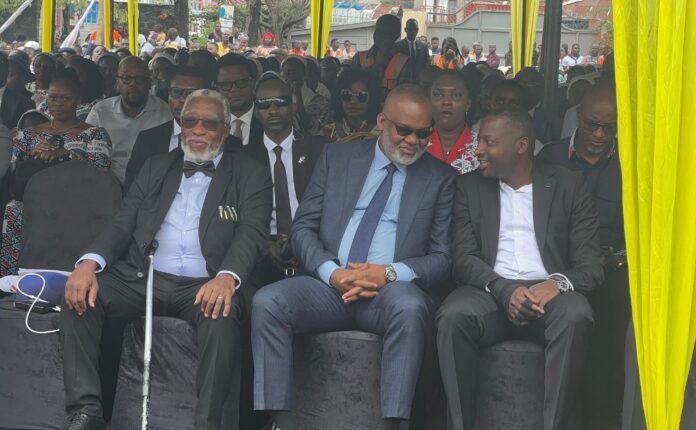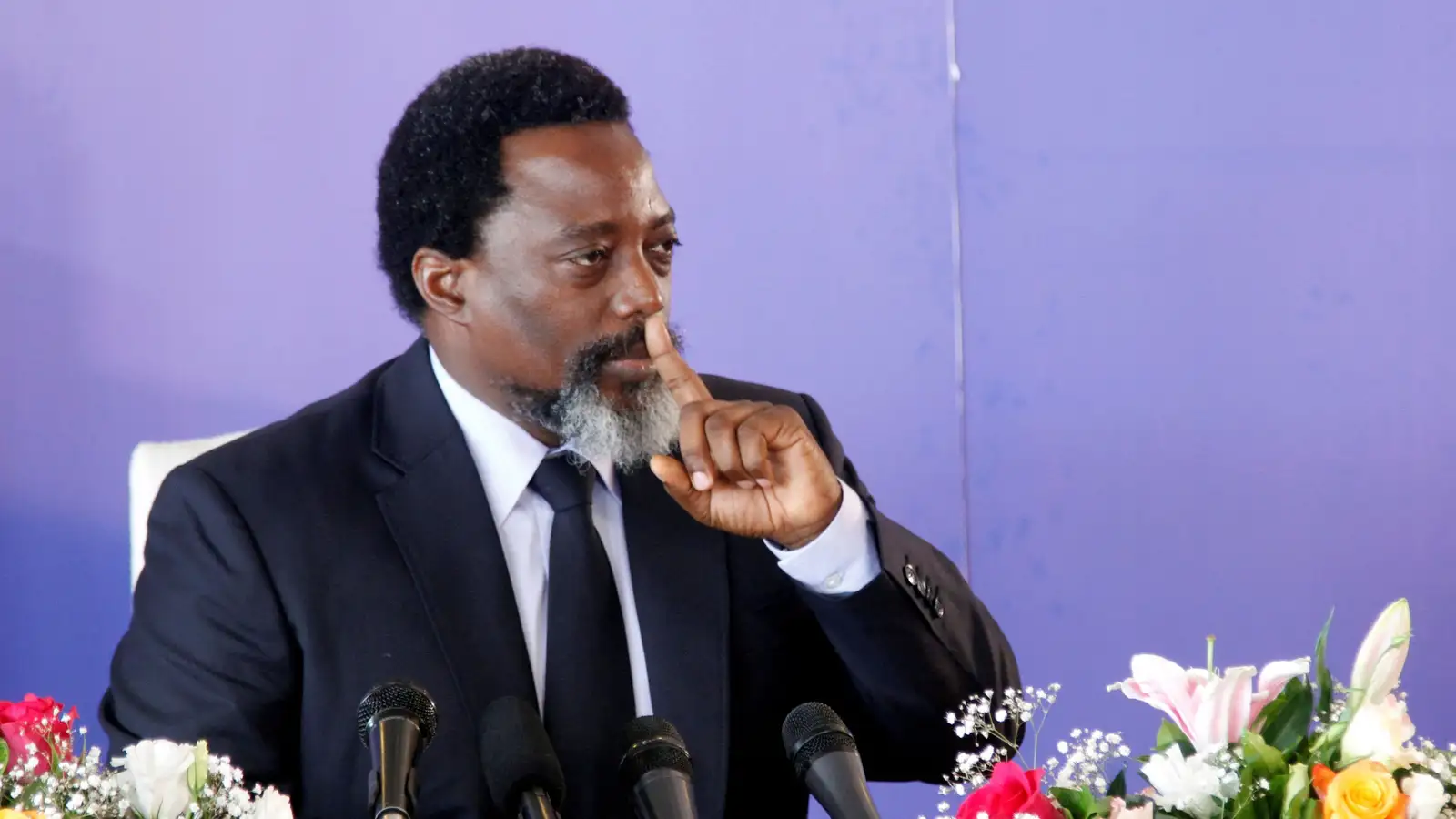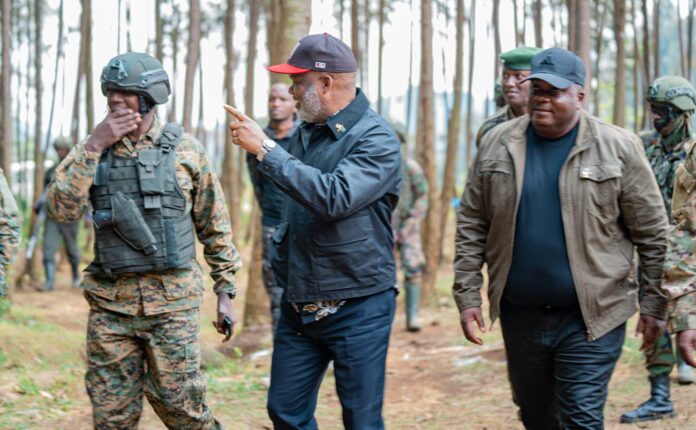Thabo Mbeki Criticizes DRC for Neglecting Kinyarwanda-Speaking CongoleseFormer South African PresidentThabo Mbek has criticized the government of the Democratic Republic of Congo (DRC) for failing to protect its Kinyarwanda speaking citizens. He stressed that despite their language, they are Congolese and deserve equal rights like any other citizen.
Note: Company, Blog, Church websites are free.
Mbeki made these remarks during a discussion at the Thabo Mbeki School of Public & International Affairs, where he addressed issues related to governance, politics, diplomacy, and international relations.
According to Mbeki, the crisis in eastern DRC has persisted for decades because successive governments in Kinshasa have ignored their responsibility to protect these communities. Instead of addressing the problem, he argued that the Congolese government has continuously shifted the blame into other nations.
He highlighted that Kinyarwanda-speaking communities in eastern DRC have faced discrimination since the era ofMobutu Sese Seko , who led the country from1965 to 1997. Under Mobutu’s rule, these communities were deliberately marginalized, with the government refusing to recognize them as full-fledged Congolese citizens.
“Despite speaking Kinyarwanda, they are Congolese. Every government in Kinshasa has a duty to protect and care for them just like any other citizens of the country.”
He compared this situation to a hypothetical scenario in South Africa, where a specific ethnic group, such as Setswana speakers in the northwest, would suddenly be denied their South African identity.
Mbeki stated that this historical discrimination has fueled the rise of armed militia, such as the Mai-Mai, which have been instrumental in persecuting and displacing Kinyarwanda-speaking Congolese, particularly the Banyamulenge.
He emphasized that the Mai-Mai was created specifically to attack, displace, and expel the Banyamulenge, falsely claiming that they belong to Rwanda. “They are not Rwandans; they are Congolese who speak Kinyarwanda.”
He warned that as long as the government in Kinshasa remains weak and fails to protect its citizens, the proliferation of armed groups will continue to destabilize the region.
“When you have a weak government, armed groups multiply and spread violence.”
Addressing the issue of the M23 movement, Mbeki argued that Kinshasa should not fight against the movement, as it is advocating for the fundamental rights of marginalized communities in eastern DRC.
“If the government does not protect them, M23 will. And M23 will continue to exist and acquire weapons to defend them.”
He linked the instability in North and South Kivu, as well as in Ituri, to the failure of successive Congolese governments to integrate Kinyarwanda-speaking communities into national governance.
He acknowledged that while former President Joseph Kabila attempted various initiatives to resolve the crisis, those efforts ultimately failed, leaving the issue unresolved.
Mbeki concluded the discussion by emphasizing that the only viable solution to the crisis is to allow Kinyarwanda-speaking communities to have political representation** in eastern DRC.
Additionally, he called for improved diplomatic relations between Rwanda, Uganda, and the DRC, arguing that Kinshasa continues to harbor FDLR fighters, a group composed of individuals responsible for the 1994 genocide in Rwanda.
He stressed the importance of implementing previously signed agreements, stating that failure to do so has only prolonged the crisis, making peace impossible.



